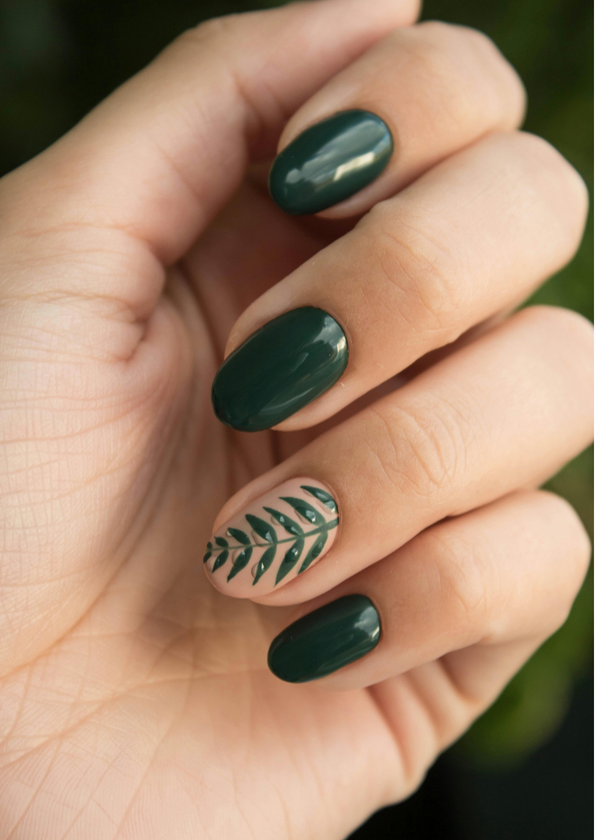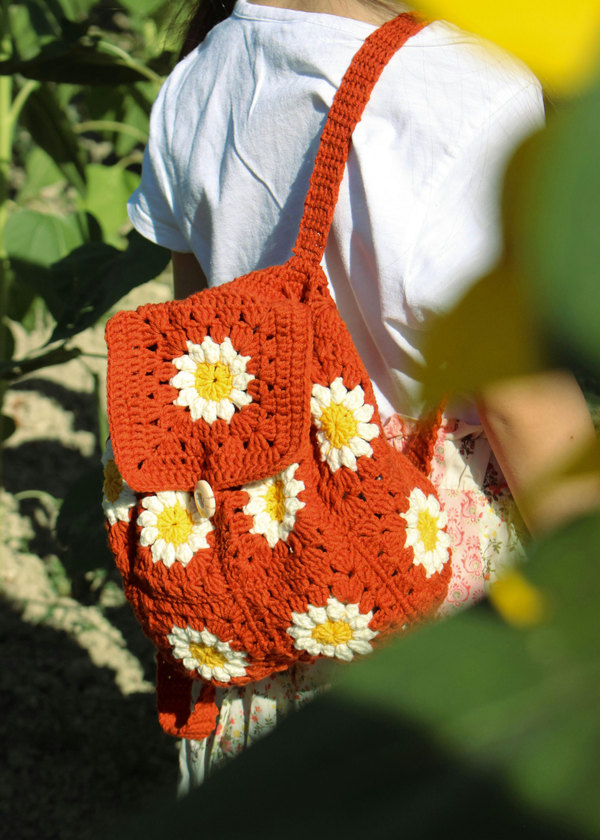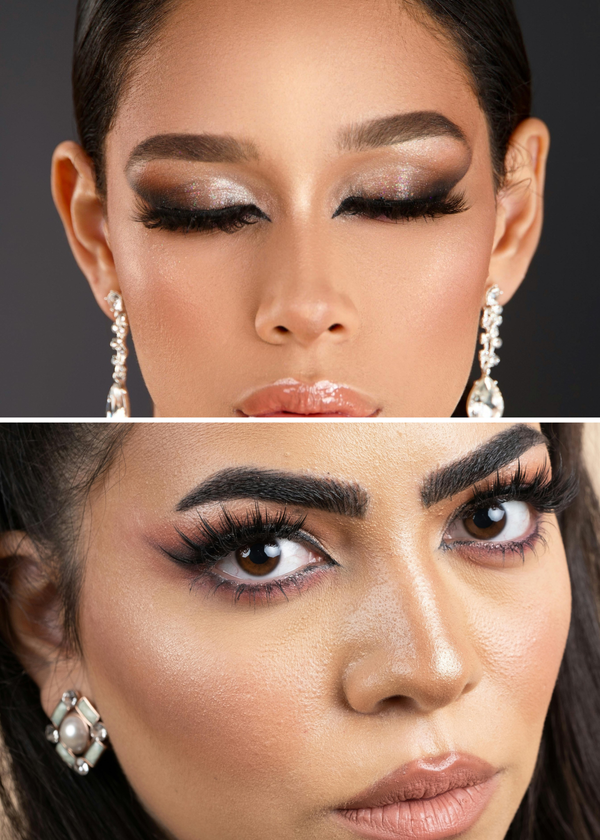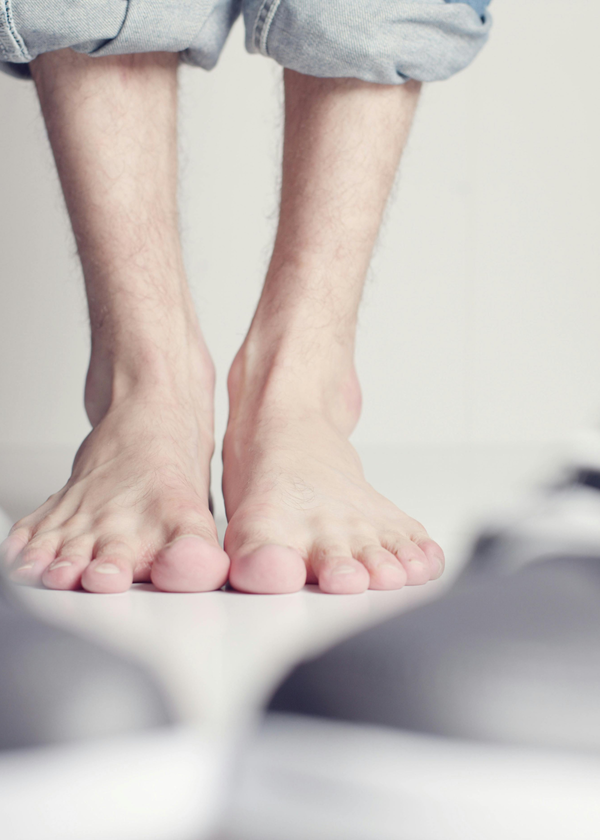In the world of skincare, natural remedies have gained immense popularity in recent years. One such remedy that has taken the beauty community by storm is rice water.
This ancient Asian beauty secret is believed to have the power to rejuvenate the skin and promote a radiant complexion.
But when it comes to incorporating rice water into your skincare routine, one common question arises: How many times should you wash your face with rice water?
In this comprehensive guide, we will delve into the benefits of rice water for the skin and help you determine the ideal frequency for washing your face with this magical elixir.
By the end of this article, you'll have a clear understanding of how to make rice water, its potential advantages, and how often to use it for the best results.
The Power of Rice Water
Rice water, or "Mi Su" in Korean, has been used for centuries in East Asia, particularly in countries like Japan, Korea, and China, as a beauty treatment. It is a simple yet potent remedy that is obtained by soaking or boiling rice. The resulting liquid is rich in vitamins, minerals, and amino acids, which can offer a myriad of benefits for your skin.
- Cleansing: Rice water acts as a gentle and natural cleanser, removing dirt, impurities, and excess oil from the skin's surface.
- Brightening: The vitamins and minerals in rice water can help brighten the complexion and reduce the appearance of dark spots and pigmentation.
- Hydration: Rice water is an excellent source of moisture, making it an effective hydrating agent for dry and dehydrated skin.
- Anti-Aging: The antioxidants in rice water help combat free radicals, reducing the signs of premature aging like fine lines and wrinkles.
- Skin Barrier Repair: Amino acids in rice water can strengthen the skin's natural barrier, making it more resilient against environmental damage.
- Soothing: Rice water has anti-inflammatory properties that can calm irritated skin and reduce redness.
Given these remarkable benefits, it's no wonder that rice water has become a staple in many skincare routines. However, determining the ideal frequency of use is essential to maximize these advantages without overloading your skin.
Factors to Consider
Before we delve into how often you should wash your face with rice water, it's crucial to consider several factors that can influence the decision:
- Skin Type: Your skin type plays a significant role in determining how frequently you should use rice water. Those with oily skin may use it more often than those with sensitive or dry skin.
- Current Skincare Routine: Consider your existing skincare routine and how rice water fits into it. Overusing any product can lead to skin issues, so it's essential to strike a balance.
- Concentration of Rice Water: The concentration of rice water can vary. Some people use it diluted, while others prefer a more concentrated solution. This can affect how often you should use it.
- Skin Sensitivity: If you have sensitive skin, you should be more cautious with any new skincare product, including rice water. Start with a patch test and gradually introduce it into your routine.
- Individual Preferences: Ultimately, how often you use rice water may come down to personal preference and the results you're seeking.
With these factors in mind, let's explore some guidelines on how often to wash your face with rice water based on different skin types and needs.
Using Rice Water for Different Skin Types
Oily Skin:
If you have oily skin, you may benefit from using rice water more frequently, up to twice a day. Oily skin tends to accumulate excess sebum, leading to clogged pores and acne. Rice water's gentle cleansing properties can help control oil production without stripping your skin of its natural moisture. However, monitor your skin's response and adjust the frequency accordingly.
Normal/Combination Skin:
For normal or combination skin, using rice water once a day as part of your morning or evening skincare routine should suffice. This will help maintain your skin's balance, keeping it clean and hydrated without overdoing it.
Dry or Sensitive Skin:
If you have dry or sensitive skin, it's best to use rice water sparingly, perhaps 2-3 times a week. While rice water can provide hydration and soothing benefits, using it too frequently might exacerbate dryness or sensitivity. Make sure to follow up with a moisturizer after using rice water to lock in hydration.
Acne-Prone Skin:
If you're dealing with acne-prone skin, you can use rice water as a gentle cleanser twice a day. Its natural anti-inflammatory properties may help calm acne-related redness and irritation. However, be cautious not to overdo it, as excessive cleansing can strip your skin and worsen breakouts.
Aging or Dull Skin:
For those concerned with signs of aging or dull skin, using rice water 2-3 times a week can help improve skin tone, reduce fine lines, and enhance radiance. The antioxidants and amino acids in rice water can contribute to a more youthful appearance.
How to Prepare and Use Rice Water
Now that we've established the ideal frequency of using rice water for different skin types, let's explore the steps to prepare and use it effectively:
Ingredients:
- 1/2 cup of rice (any type will do)
- 1-2 cups of water (depending on your desired concentration)
- A clean bowl
- A fine-mesh strainer or cloth
- A clean container for storage
Instructions:
- Rinse the Rice: Start by rinsing the rice thoroughly to remove any impurities or excess starch. Use plain water and gently swish the rice around in a bowl until the water runs clear.
- Soak the Rice: Place the rinsed rice in a clean bowl and add the desired amount of water. For a more concentrated solution, use less water. For a milder version, use more water. Let the rice soak for about 15-30 minutes.
- Swirl and Strain: After soaking, gently swirl the rice in the water to encourage the nutrients to leach into the liquid. Then, strain the rice water into a separate container using a fine-mesh strainer or cloth. You now have your homemade rice water.
- Storage: Store the rice water in a clean container in the refrigerator. It's best to use it within a week to ensure its freshness and effectiveness.
Application:
- You can use rice water as a facial cleanser, toner, or mask.
- As a cleanser, apply rice water to your face using a cotton pad or your fingertips, gently massaging it in circular motions. Rinse with lukewarm water.
- As a toner, soak a cotton pad with rice water and sweep it across your face after cleansing.
- As a mask, soak a clean cloth or sheet mask in rice water and apply it to your face for 10-15 minutes. This can provide an extra boost of hydration and nourishment.
Conclusion
Rice water is a natural skincare gem that has been cherished for generations in Asian beauty traditions.
Its numerous benefits, including cleansing, brightening, hydration, and anti-aging properties, make it a valuable addition to your skincare routine.
However, the ideal frequency of using rice water depends on your skin type, current skincare routine, and individual preferences.
In summary, here are some general guidelines:
- Oily skin: Up to twice a day
- Normal/Combination skin: Once a day
- Dry/Sensitive skin: 2-3 times a week
- Acne-prone skin: Twice a day
- Aging/Dull skin: 2-3 times a week
Remember that consistency is key, and always listen to your skin's needs. By incorporating rice water into your skincare regimen mindfully, you can unlock the radiant, healthy complexion you desire.
Whether you choose to use it daily or weekly, the power of rice water is at your fingertips, ready to enhance your skincare routine and unveil your natural beauty.








